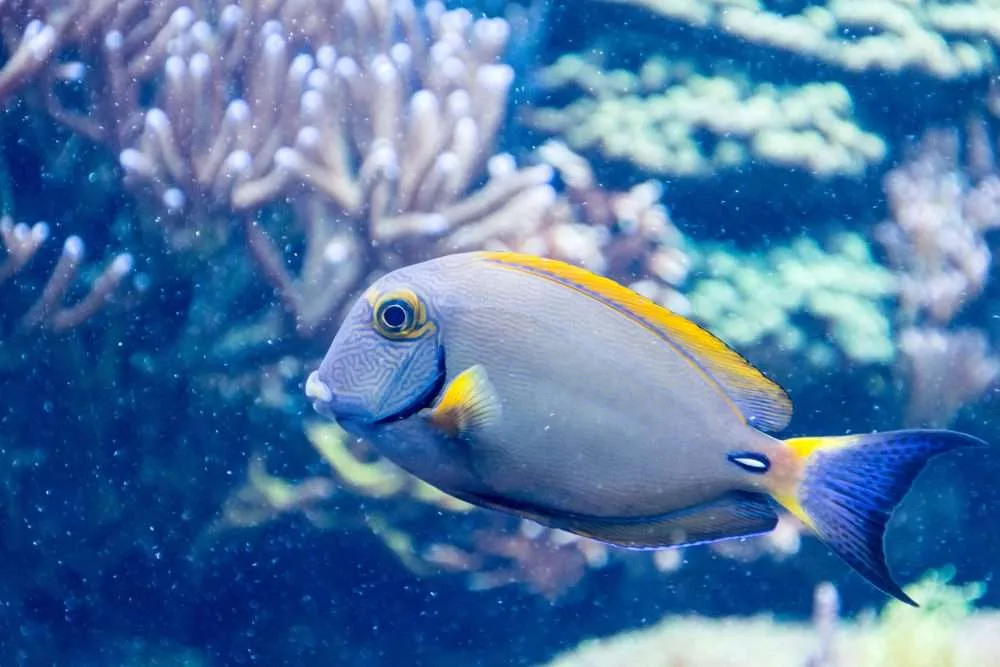This marine biology course provides the student with a strong foundation in marine organism anatomy and physiology and an understanding of the habitats and environmental influences upon them. There are two core modules (Marine Studies A and B) which cover a wide range of marine families, student can then select two electives from Earth Science, Aquaculture, Mariculture, Environmental Assessment or Eco tourism Tour Guiding.
We suggest that any Marine Studies students who are looking for employment gain additional qualifications such as an Open Water Divers Licence and a Coxswains (or similar boating) Licence, as they will then be better positioned to gain employment in this competitive field. Employers are always looking for practical skills as well as knowledge and the ability to work without supervision.
Detailed Course Outline
This course is made up of a number of lessons or units. Each of these has self assessment questions, a set task (practical homework) and an assignment which you can upload online.
There are 4 modules in this course:
1. Marine Studies A
-
- Marine Ecology Systems
- Shallow Waters & Reefs
- Shellfish & Crustaceans
- Squid, Octopus, and Other Primitive Animals
- Fish Part A
- Fish Part B
- Marine Mammals
- Turtles, Sea Snakes and Seabirds
- Human Impact on Marine Environments & Fishing
2. Marine Studies B
-
- Introduction and Simple Organisms (Protists, Sponges etc)
- Marine Plants
- Cnidarians and Worms
- Arthropods
- Molluscs
- Echinoderms
- Non Bony Fishes
- Bony Fishes I
- Bony Fishes II
- Marine Mammals
3. Suggested Electives: Choose TWO (2)
- Earth Science
- Environmental Assessment
- Ecotourism Tour Guiding
- Aquarium Management
- Aquaponics
- Mariculture (Marine Aquaculture)
When you have completed the lessons of your Certificate course, you will be given the option of taking the optional exam. It’s okay if you don’t want the exam, we still issue your Careerline Certificate. For Advanced Certificates however, the exam is compulsory (per module) and are included in the course fee.

